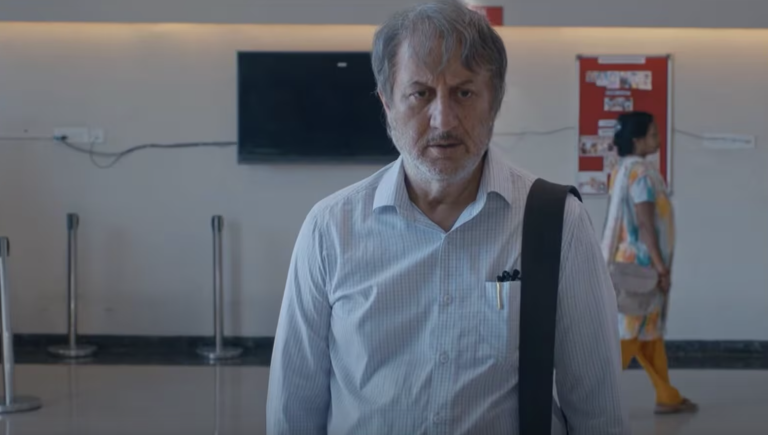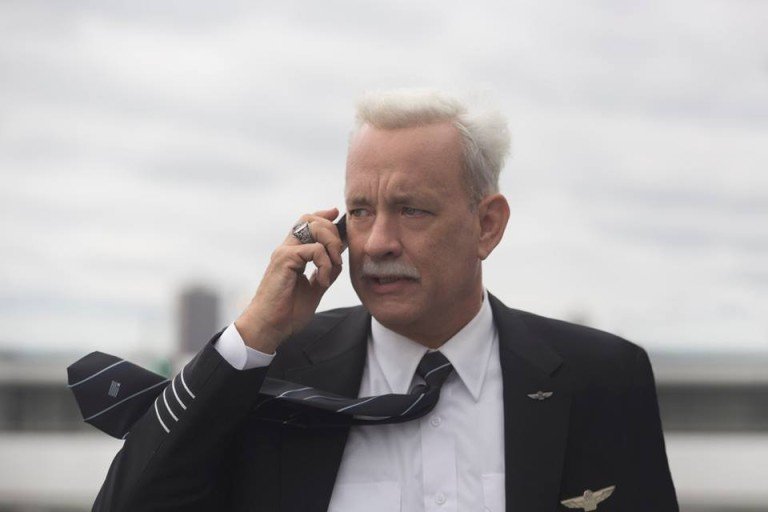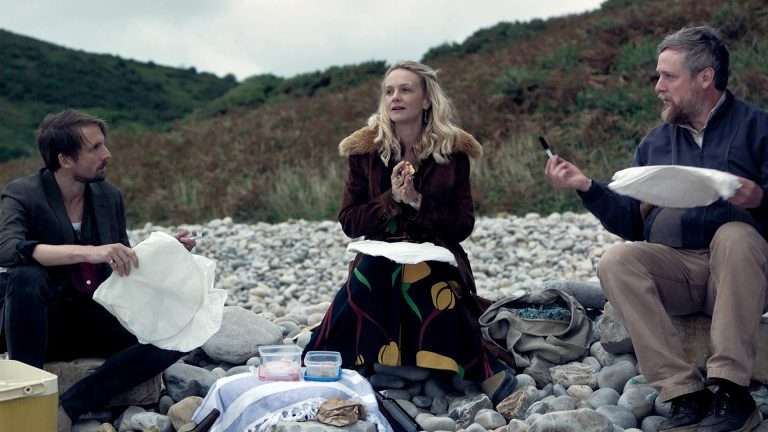Given that Stanley Kramer’s 1961 masterpiece “Judgment at Nuremberg” is widely regarded to be one of the greatest courtroom dramas of all time, it seemed unusual for a new film to tackle the same subject material. Even though the Nuremberg trials were among the most important proceedings of the 20th century and are of particular relevance today, Kramer’s film was so all-encompassing in its scope of perspectives that it offered the final word on the critical military tribunals that were concluded in 1946.
However, the Nuremberg case marked an unprecedented inflection point of international law, war crime identification, ethnic tensions, and cultural rot that involved multiple parties, and more than a few remarkable individuals. “Nuremberg” is an ambitious attempt to encapsulate them all. While it may be a bit overreaching at times, James Vanderbilt’s second directorial effort touches on many of the most important takeaways and is often quite moving.
“Nuremberg” presents the impossible burden placed upon the prosecutors tasked with trying to former member of the Nazi high command, who they intend to prove committed genocide during the Holocaust. Given that a nation does not typically judge other governments, the Nuremberg court consists of representatives from the United States, Great Britain, France, and the Soviet Union.
The American associate Supreme Court justice Robert H. Jackson (Michael Shannon) knows that the trial’s success is dependent on the testimony of Hermann Göring (Russell Crowe), the right-hand man to Adolf Hitler, who tasked his subordinates with mapping out the Final Solution. In order to crack someone who has proven impenetrable to interrogation, Jackson enlists the assistance of the psychiatrist Douglas Kenny (Rami Malek) to interview both Göring and the other captured Nazis.
Setting a majority of the film before the trial itself not only allows “Nuremberg” to avoid comparisons with the aforementioned Kramer film, but gives an opportunity to show the unusual discourse that emerged in the aftermath of the largest-scale conflict in world history. The exact details of the Holocaust were ambiguous to many onlookers, and there were some sympathies with German military leaders whose efforts were described as “patriotic,” not genocidal. The pressure put upon Jackson, Kenny, and Colonel Burton C. Andrus (John Slattery) was not only to implement justice, but to change the narrative on a global stage.

There’s a scattershot of perspectives incorporated throughout “Nuremberg” in an effort to show the different roles that were played in the trials, and for the most part, the film is nimble in spreading its attention. While the focus is often strained, a film about such a seismic event does not necessarily require a single point-of-view character, and its 148-minute running time does not feel overbearing.
Of all the secondary figures depicted, Leo Woodall is captivating as Sergeant Howie Triest, a former German refugee who fought on the side of the Allies after concealing his Jewish heritage. Woodall knows how to play the subtlety of the moment, and he’s given one stellar monologue that encapsulates the pain, rage, and trauma of his experiences.
Also Read: 20 Great Drama Movies of World Cinema
Malek’s role in the story is unusual but interesting as a non-traditional way to hook a potential audience. Kenny is such a good reader of behavior that he finds engaging in a battle of wits to be stimulating, as he is able to find the humanity within any of his subjects. While the introduction to Kenny implies that “Nuremberg” will be a far more rousing, restorative epic than it ends up being, Malek effectively conveys the paranoia and frustration that the psychiatrist felt when realizing how out of depth he is. “Nuremberg” doesn’t quite stick the landing in giving closure to Kenny’s story, but Malek’s performance is never less than riveting.
“Nuremberg” walks a very fine line in attempting to humanize Göring, but its ability to explain his rationale makes the weight of his atrocities even more horrifying. Göring’s ability is to appear to be a patriotic admirer of his country’s history who saw an opportunity to take pride in his German heritage while supporting a family, but the degree of his hatred is revealed when he’s forced to admit culpability.
Crowe, who has spent the last decade in mostly forgettable roles, offers a reminder as to why he was once considered one of the greatest actors in the world. There’s a ridiculous, pompous sense of dignity to Göring that makes him so dangerous, as the fear lies in whether he could incite a new wave of support for Hitler’s rhetoric. “Nuremberg” doesn’t directly tie itself to contemporary politics, but there are more than enough allusions to the harmful silence that could lead to a resurgence of anti-Semitism, fascism, and genocide.

“Nuremberg” succeeds in examining aspects of the post-war political framework that have yet to be detailed in full by other World War II dramas, including the legal parameters of the Final Solution and the role played by the Catholic Church. It’s due to the expansive scope that it doesn’t feel entirely derivative when “Nuremberg” essentially replicates a scene from “Judgment at Nuremberg,” in which members of the court bear witness to the first unveiling of footage from concentration camps.
It should go without saying that the footage is devastating, upsetting, and almost inconceivable in its cruelty. While the use of such well-documented archive material could have been an easy card for “Nuremberg” to pull, Vanderbilt is able to hang within the abject horror of the moment. Although it eventually adds more pressure to Jackson’s mission, the scene itself is appropriately somber and allows each character to express their feelings; it’s one of the best scenes of the year.
“Nurmeberg” finds a compelling way to approach the trials themselves that emphasize the importance of showing what role Göring played alongside the other architects of the Final Solution, and does gives the film as momentous a conclusion as it could ask for. Although this results in a situation in which some character arcs are abruptly rushed or cut off momentarily, “Nuremberg” is able to showcase the embittered attitudes brought upon by the ruling. Despite setting an important precedent, it didn’t even begin to heal the magnitude of atrocities that would ripple for generations.
Vanderbilt, who has an unusual filmography, delivers his best script since “Zodiac,” and executes a much stronger directorial vision than his underwhelming debut, “Truth.” “Nuremberg” won’t go down as one of the definitive World War II films or even one of the most memorable courtroom dramas of recent years, but it’s an effective history lesson with important implications.






![We are Living Things [2022]: ‘Slamdance’ Review – Aliens searching for Aliens while dealing with existential alienation](https://79468c92.delivery.rocketcdn.me/wp-content/uploads/2022/01/We-Are-Living-Things-Slamdance-768x432.jpg)
